Rhodiola Rosea: 8 Benefits, Dosage, And Side Effects
Learn the potential perks of rhodiola rosea to elevate your mind and body wellness journey
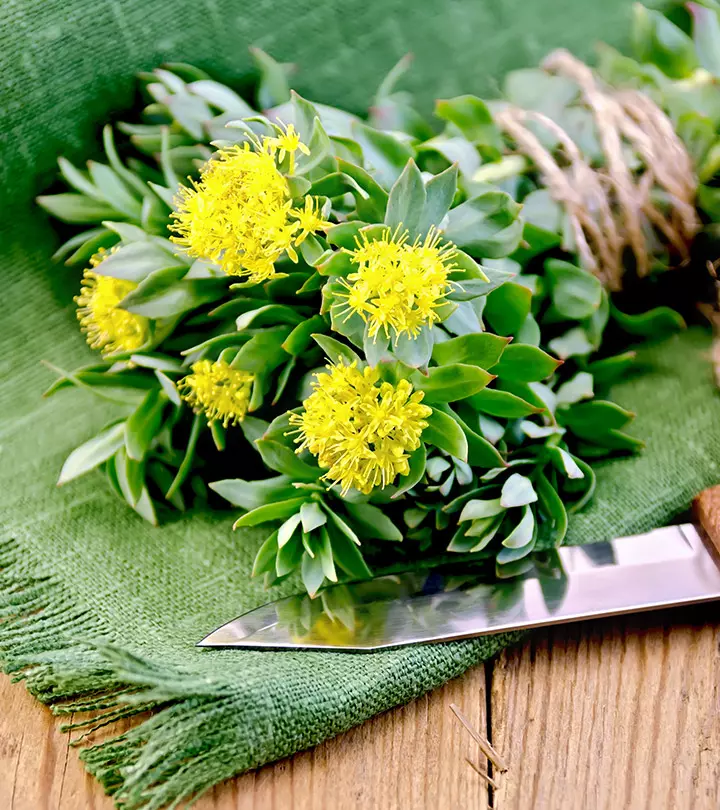
Image: Shutterstock
Rhodiola rosea has been used for centuries in traditional medicine. It is also called roseroot, golden root, or the Arctic root. Rhodiola rosea benefits can be attributed to its phenolic and alkaloid components. This flowering plant has high medicinal values and is also known for its antidepressant and anti-fatigue properties. R. rosea may help manage stress, fight fatigue, improve brain function, reduce depression symptoms, and enhance exercise ability. Here, we understand the important health benefits of Rhodiola rosea, its dosage, and the possible side effects. Keep reading.
 Trivia
TriviaIn This Article
What Are The Health Benefits Of Rhodiola rosea?
1. Helps Manage Stress
Rhodiola rosea
has long been used as an adaptogen (a substance used in herbal medicine that helps you deal with stress). Adaptogens can reduce stressful feelings and increase mental alertness. A study conducted by the University of Surrey on 80 mildly anxious participants found that the extracts of Rhodiola rosea reduced their stress levels. Also, a study published in Pharmaceuticals suggests that adaptogenic herbs like Rhodiola rosea have neuroprotective activity. However, more studies are needed to understand this effect of Rhodiola rosea in humans.
 Did You Know?
Did You Know?2. Improves Cognitive Performance
A study conducted by the University of Exeter
found that oral administration of R. rosea improves mental performance. According to a study conducted on rats, the alcohol and aqueous extracts of Rhodiola rosea roots are effective in improving memory and learning abilities. A 12-week analysis that included 120 people with cognitive deficiencies who were given two different doses of R. rosea found that they showed a significant improvement in cognitive function.
Repeated administration of Rhodiola rosea has also been found to improve concentration and mental performance. A study conducted by the Armenian State Medical University on physicians who were on night duty found that repeated low-dose treatment of rhizome Rhodiola rosea improved their cognitive functions.
A YouTuber shared his experience of taking Rhodiola rosea daily. He shared that “Rhodiola seems to enhance my ability to be in the zone, to be in the moment. Rhodiola definitely seems to improve my feelings of productivity (i).” It also helped him concentrate on one thought at a time and not let his attention get diverted to another chain of thought in between.
3. Fights Fatigue
The extracts of Rhodiola rosea are said to have an anti-fatigue effect and can be used in the treatment of fatigue related to stress. A study conducted on 100 people with chronic fatigue symptoms found that ethanolic extracts of the roots and rhizomes of Rhodiola rosea provide temporary relief from stress symptoms. However, more studies are warranted to understand this benefit of Rhodiola rosea related to physical and mental fatigue in humans.
4. Enhances Exercise Capacity
The anti-fatigue activity of this flowering plant can improve physical performance. Research suggests that the intake of acute Rhodiola rosea can improve endurance exercise capacity, speed of limb movement, and muscle strength. A review published in the Journal of Sports Medicine suggests that the consumption of R. rosea enhances exercise performance without changing energy expenditure. However, more studies are needed to understand this effect of Rhodiola rosea in humans.
5. Reduces Symptoms Of Depression
Did you know that around 350 million adults around the world have Major Depressive Disorder (MDD)? According to findings from the 2015–2020 National Survey on Drug Use and Health published in Elsevier, approximately 9.2% of Americans aged 12 years and older experienced a major depressive episode in 2020. The prevalence was notably higher among young adults aged 18–25 years (17.2%) and adolescents aged 12–17 years (16.9%). It highlighted a rapid increase in depression among adolescents and young adults, except for adults aged 35 years and above where the rates remained steady.
Rhodiola rosea has been in use for centuries in the treatment of depression and anxiety. A pilot study conducted by the University of California on ten participants found that there was a significant improvement in their symptoms of generalized anxiety disorder after being treated with an R. rosea supplement for 10 weeks.
The anti-depressive properties of Rhodiola rosea were also found effective in treating mild to moderate depression. A 14-days trial on 80 mildly anxious participants found that the intake of Rhodiola rosea (2 x 200 mg daily) helps reduce depression and anxiety disorders.
6. Helps Treat Cancer
The antioxidant compounds in this herb have antitumor and antimetastatic effects that help fight cancer. A study conducted by the University of California found that extracts of Rhodiola rosea and its bioactive compounds, such as salidroside, can inhibit the growth of tumor cells in the bladder. This bioactive component of R. rosea also exhibits anti-proliferative properties that act against colon cancer in humans. However, more studies are warranted before drawing any solid conclusions.
7. Helps In Diabetes Management
The bioactive component and natural antioxidant in Rhodiola rosea, salidroside, is said to be effective in diabetes control. Beta-cell failure is the major determinant in type 2 diabetes. According to a study conducted on mice, Rhodiola rosea is effective in the prevention of beta-cell failure, thereby preventing diabetes. A review published in the BMC Complementary Medicine and Therapies also suggests that R. rosea and its water extract treats hyperglycemia (high blood sugar).
Also, Rhodiola rosea can improve longevity and athletic performance. The anti-arrhythmia effect of R. rosea is used in the treatment of heart diseases. However, limited data is available in these aspects.
8. Helps Improve Sexual Dysfunction
Rhodiola rosea is known to be an effective solution against sexual dysfunction like premature ejaculation. In a study, 91 individuals with lifelong PE were given tablets formulated with Rhodiola rosea, folic acid, biotin, and zinc daily for 90 days. After the treatment period, improvements were observed in the control of ejaculation and overall quality of their sexual life. Ejaculation is controlled by the central and peripheral nervous systems via a single neurotransmitter 5-HT. Rhodiola rosea may be able to improve the level of 5-HT in the hippocampus, thereby offering better ejaculation control. Also, there were very few reported side effects. Therefore, this suggests that the combination of Rhodiola rosea with other nutrients may significantly enhance ejaculatory control and improve sexual satisfaction in individuals dealing with lifelong premature ejaculation. Additionally, Rhodiola rosea also showed improvements in physical and mental performance and certain mental health conditions.
 Fun Fact
Fun FactThese are the impressive health benefits of Rhodiola rosea. But, how and how much R. rosea should you consume? Find these details in the following section.
Key Takeaways
- Rhodiola rosea is a herb with a long history in traditional medicine and a wide range of therapeutic characteristics.
- This herb helps with stress management, fatigue, cognitive function, depressive symptoms, cancer treatment, diabetes management, and exercise abilities.
- Rhodiola rosea is available in dried powder, tea, liquid extract, capsules, and tablets, among other forms.
- Although safe to consume, Rhodiola rosea may produce unusual side effects like jitteriness, agitation, dry mouth, and sleeping issues if ingested in large quantities.
How To Take Rhodiola Rosea And Dosage
Rhodiola rosea
is available in different forms such as dried powder, tea, liquid extract, capsules, and tablets. The dosage of R. rosea varies between brands, purpose, and product types.
- A 200 mg dose of Rhodiola rosea extract for 4 weeks (twice daily) was found effective in one trial conducted on 1375 individuals with stress symptoms.
- A dose of 200 mg of Rhodiola rosea an hour before exercise can improve your exercise ability.
- There is no recorded scientific research on dosage for children.
Also, always check the product labels before using this herb and consult a doctor to get personalized dosage recommendations as per your health condition.
Note: Take R. rosea on an empty stomach 30 minutes before breakfast and lunch.
You can consume R. rosea in the form of tea that you can make easily with two ingredients. Listed below is the process to make Rhodiola rosea tea. Check it out!
how to make Rhodiola rosea tea. Check it out!
How To Make Rhodiola Rosea Tea
What You Need
- Rhodiola roots – 2 tablespoons
- Raw honey – 1 tablespoon (if you want to avoid honey for any medical reasons you can add stevia leaf or its extract)
Process
- Add the Rhodiola roots to a jar.
- Bring 1 quart of water to a boil.
- Carefully pour the hot water over the roots.
- Place a lid on top and let the tea steep for 12 minutes.
- Gently stir the mixture before straining it.
- Let the tea cool down a bit before adding honey. Stir or shake the tea to dissolve the honey.
- The cooling of the tea helps you get all the wonderful qualities of raw honey.
Consumption of Rhodiola rosea and its dietary supplements is generally considered safe. But, excess amounts may lead to some side effects. What are the side effects of Rhodiola rosea? Scroll down to find out.
Are There Any Side Effects Of Rhodiola rosea?
Intake of Rhodiola rosea is generally considered safe. But, it may cause some rare adverse effects if it is consumed in excess amounts. These side effects include jitteriness, agitation, dry mouth, and sleeping problems. Also, people with bipolar disorder and people on high blood pressure medications should avoid using this herbal medicine. However, limited data is available on the side effects of Rhodiola rosea and its supplements.
While buying R. rosea, you should remember some important points. What should you look for when buying Rhodiola rosea? Scroll down to learn more.
What Should You Look For While Buying Rhodiola Rosea?
- Always check the product labels for the active ingredients in the product formulations and other added ingredients like flavorings.
- Some Rhodiola rosea supplements are at risk of adulteration. Hence, you should be extra careful while buying any of these herbal supplements.
- Check for safety seals and certifications from reputed organizations. Or, choose brands that have NSF and USP seals on their product labels.
- Also, check for the concentration of rosavins and salidrosides in the products. In general, they contain a standardized amount of 3% rosavins and 1% salidrosides.
Rhodiola rosea is a medicinal herb used for its therapeutic values in traditional medicine. The presence of alkaloids and phenolic compounds in R. rosea benefits your health in many ways. It may help manage stress, improves cognitive performance, fights fatigue, enhances exercise capacity, and reduces the symptoms of depression. It is available as liquid extracts, capsules or tablets, and tea. However, consuming excess amounts of Rhodiola may cause some side effects. It may cause sleeping problems, dry mouth, and jitteriness. In addition, people on blood pressure medication and who have bipolar disorder should avoid using this herb. Always use it in the recommended dosage to avoid its side effects.
Frequently Asked Questions
Which is better: ashwagandha or Rhodiola?
It depends on your needs. As per anecdotal evidence, ashwagandha benefits the body with relaxation, while rhodiola stimulates your mind and boosts your energy levels.
Can you drink alcohol with Rhodiola rosea?
The link between alcohol consumption and taking Rhodiola rosea is not established scientifically. Consult your doctor for more information.
What is the difference between Rhodiola and Rhodiola rosea?
None. Rhodiola rosea is the official scientific name of the adaptogenic plant Rhodiola.
Is Rhodiola rosea good for erectile dysfunction?
Possibly. Rhodiola contains salidroside that may help alleviate hypoxia and manage erectile dysfunction (30).
Rhodiola roses are highly beneficial for beating stress and anxiety. Moreover, it also has anti-cancer properties. There are many more health benefits that this medicinal herb provides. Check out the next video to explore them all!
Personal Experience: Source
StyleCraze's articles are interwoven with authentic personal narratives that provide depth and resonance to our content. Below are the sources of the personal accounts referenced in this article.
(i) Rhodiola Rosea Is Amazing – The Benefits I’ve Experienced So Farhttps://www.youtube.com/watch?v=eU-ScbB0ybc
References
Articles on StyleCraze are backed by verified information from peer-reviewed and academic research papers, reputed organizations, research institutions, and medical associations to ensure accuracy and relevance. Read our editorial policy to learn more.
- Rhodiola rosea L.: an herb with anti-stress, anti-aging, and immunostimulating properties for cancer chemoprevention
https://www.ncbi.nlm.nih.gov/pmc/articles/PMC6208354/ - Rhodiola rosea: A Versatile Adaptogen
https://pubmed.ncbi.nlm.nih.gov/33430554/ - The Effects of Rhodiola rosea L. Extract on Anxiety, Stress, Cognition and Other Mood Symptoms
https://pubmed.ncbi.nlm.nih.gov/26502953/ - Effects of Adaptogens on the Central Nervous System and the Molecular Mechanisms Associated with Their Stress—Protective Activity
https://www.ncbi.nlm.nih.gov/pmc/articles/PMC3991026/ - The effectiveness and efficacy of Rhodiola rosea L.: a systematic review of randomized clinical trials
https://pubmed.ncbi.nlm.nih.gov/21036578/ - Effects of alcohol aqueous extract from Rhodiola rosea L. roots on learning and memory
https://pubmed.ncbi.nlm.nih.gov/3751623/ - Efficacy and tolerability of a Rhodiola rosea extract in adults with physical and cognitive deficiencies
https://pubmed.ncbi.nlm.nih.gov/17901042/ - A randomised, double-blind, placebo-controlled, parallel-group study of the standardised extract shr-5 of the roots of Rhodiola rosea in the treatment of subjects with stress-related fatigue
https://pubmed.ncbi.nlm.nih.gov/19016404/ - Rhodiola rosea in stress induced fatigue–a double blind cross-over study of a standardized extract SHR-5 with a repeated low-dose regimen on the mental performance of healthy physicians during night duty
https://pubmed.ncbi.nlm.nih.gov/11081987/ - A randomised, double-blind, placebo-controlled, parallel-group study of the standardised extract shr-5 of the roots of Rhodiola rosea in the treatment of subjects with stress-related fatigue
https://pubmed.ncbi.nlm.nih.gov/19016404/ - Rhodiola rosea in Subjects with Prolonged or Chronic Fatigue Symptoms: Results of an Open-Label Clinical Trial
https://pubmed.ncbi.nlm.nih.gov/28219059/ - Acute Rhodiola rosea intake can improve endurance exercise performance
https://pubmed.ncbi.nlm.nih.gov/15256690/ - The Effect of Acute Rhodiola rosea Ingestion on Exercise Heart Rate, Substrate Utilisation, Mood State, and Perceptions of Exertion, Arousal, and Pleasure/Displeasure in Active Men
https://www.ncbi.nlm.nih.gov/pmc/articles/PMC4590898/ - Rhodiola rosea therapy for major depressive disorder: a study protocol for a randomized, double-blind placebo- controlled trial
https://pubmed.ncbi.nlm.nih.gov/25610752/ - A pilot study of Rhodiola rosea (Rhodax) for generalized anxiety disorder (GAD)
https://pubmed.ncbi.nlm.nih.gov/18307390/ - Rosenroot (Rhodiola rosea): Traditional use, chemical composition, pharmacology and clinical efficacy
https://www.sciencedirect.com/science/article/abs/pii/S094471131000036X - The Effects of Rhodiola rosea L. Extract on Anxiety, Stress, Cognition and Other Mood Symptoms
https://pubmed.ncbi.nlm.nih.gov/26502953/ - Antioxidant and Antibacterial Activity of Roseroot (Rhodiola rosea L.) Dry Extracts
https://www.ncbi.nlm.nih.gov/pmc/articles/PMC6099734/ - Rhodiola rosea extracts and salidroside decrease the growth of bladder cancer cell lines via inhibition of the mTOR pathway and induction of autophagy
https://www.ncbi.nlm.nih.gov/pmc/articles/PMC3144985/ - Rhodiola rosea extracts and salidroside decrease the growth of bladder cancer cell lines via inhibition of the mTOR pathway and induction of autophagy
https://pubmed.ncbi.nlm.nih.gov/21520297/ - Salidroside induces apoptosis and autophagy in human colorectal cancer cells through inhibition of PI3K/Akt/mTOR pathway
https://pubmed.ncbi.nlm.nih.gov/27748934/ - Salidroside, A Natural Antioxidant, Improves β-Cell Survival and Function via Activating AMPK Pathway
https://pubmed.ncbi.nlm.nih.gov/29093682/ - Antihyperglycemic action of rhodiola-aqeous extract in type1-like diabetic rats
https://www.ncbi.nlm.nih.gov/pmc/articles/PMC3897963/ - Rhodiola: a promising anti-aging Chinese herb
https://pubmed.ncbi.nlm.nih.gov/17990971/ - The anti-arrhythmia effect of Rhodiola rosea and its possible mechanism
https://pubmed.ncbi.nlm.nih.gov/7506072/ - Rhodiola rosea, folic acid, zinc and biotin (EndEP®) is able to improve ejaculatory control in patients affected by lifelong premature ejaculation: Results from a phase I-II study
https://www.ncbi.nlm.nih.gov/pmc/articles/PMC5038509/ - Therapeutic effects and safety of Rhodiola rosea extract WS® 1375 in subjects with life-stress symptoms–results of an open-label study
https://pubmed.ncbi.nlm.nih.gov/22228617/ - Acute Rhodiola rosea intake can improve endurance exercise performance
https://pubmed.ncbi.nlm.nih.gov/15256690/ - The authenticity and quality of Rhodiola rosea products
https://pubmed.ncbi.nlm.nih.gov/26626192/ - Stimulating effect of adaptogens: an overview with particular reference to their efficacy following single dose administration
https://pubmed.ncbi.nlm.nih.gov/16261511/ - The Protective Effect of Salidroside on Hypoxia-Induced Corpus Cavernosum Smooth Muscle Cell Phenotypic Transformation
https://www.ncbi.nlm.nih.gov/pmc/articles/PMC5535750/
Read full bio of Shivani Sikri
Read full bio of Sindhu Koganti
Read full bio of Arshiya Syeda
Read full bio of Payal Karnik






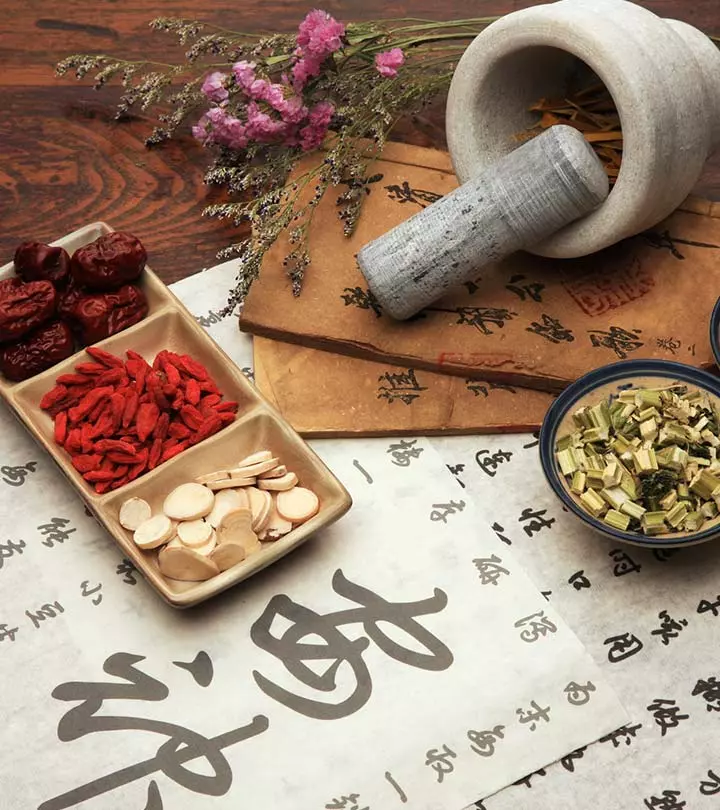

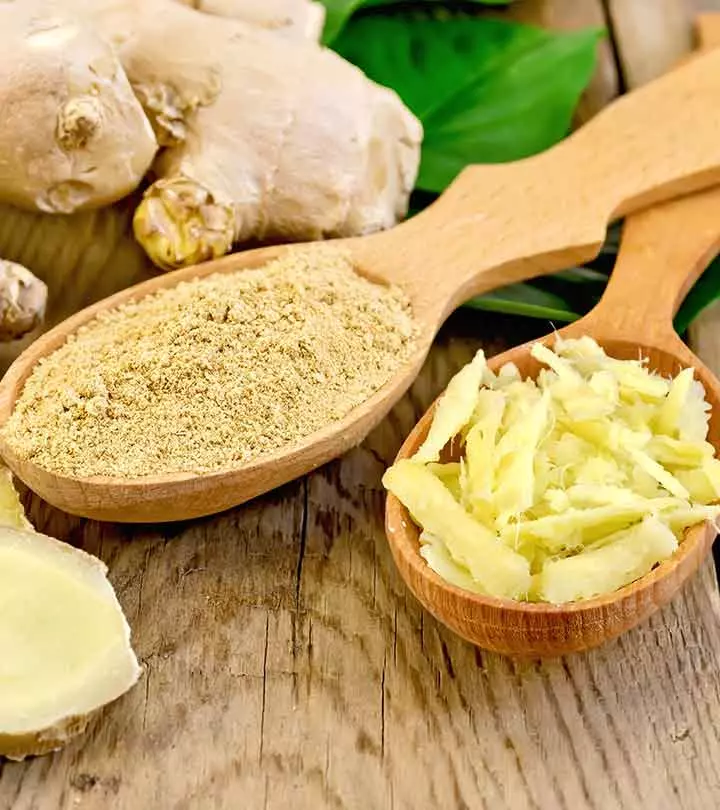

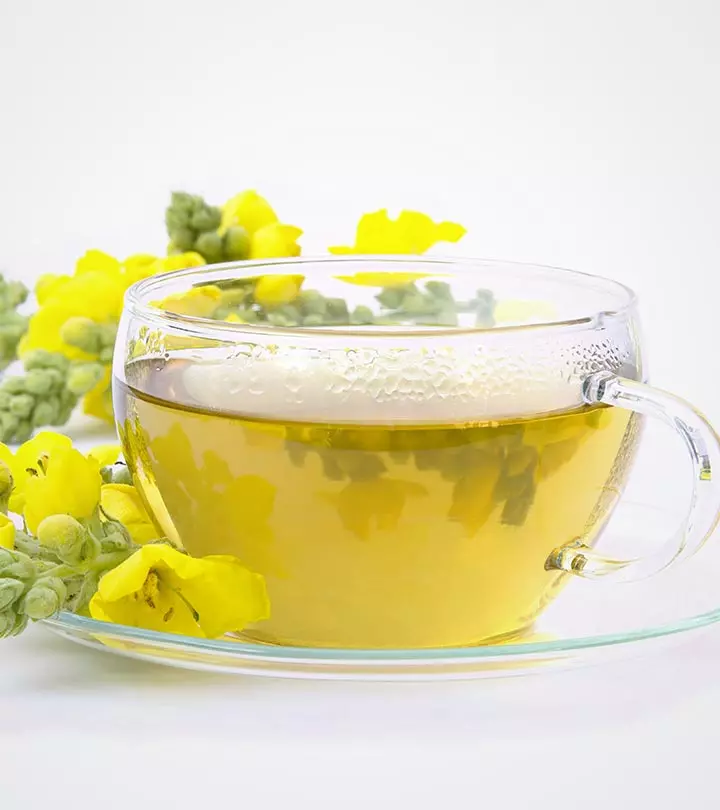
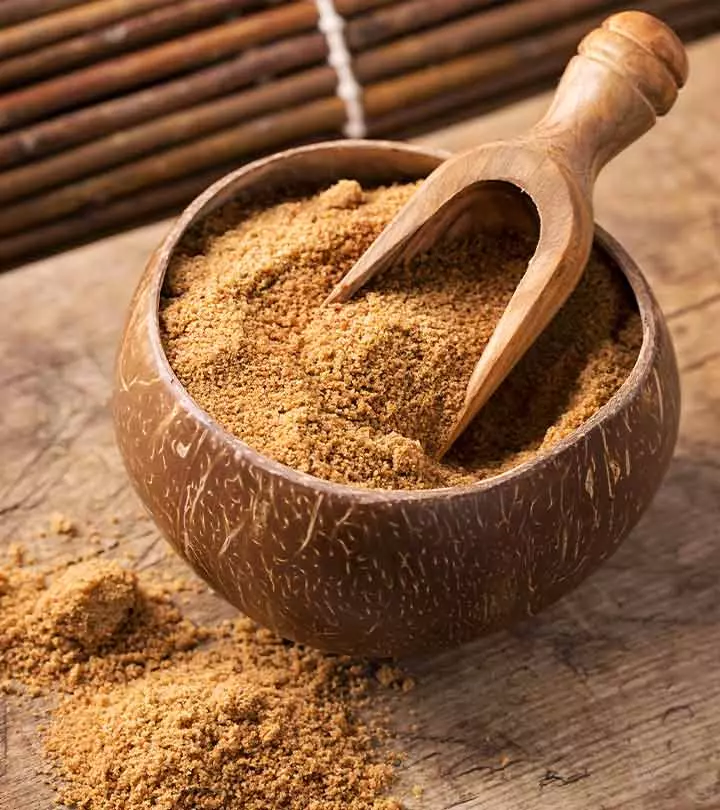
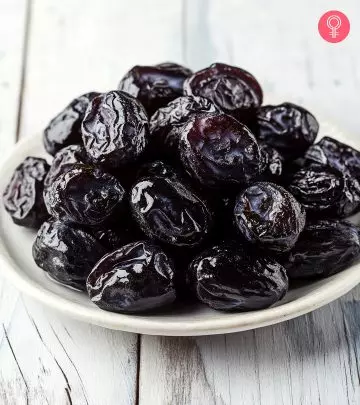
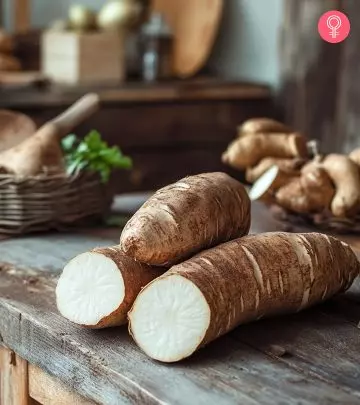
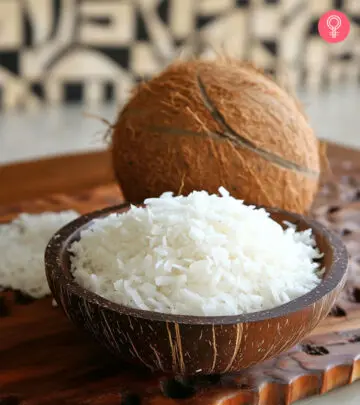
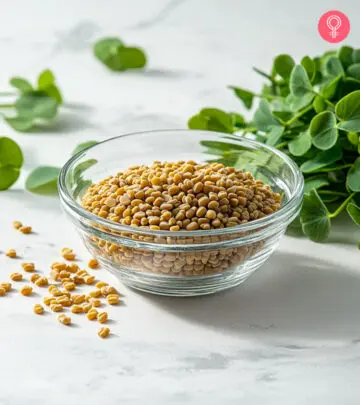
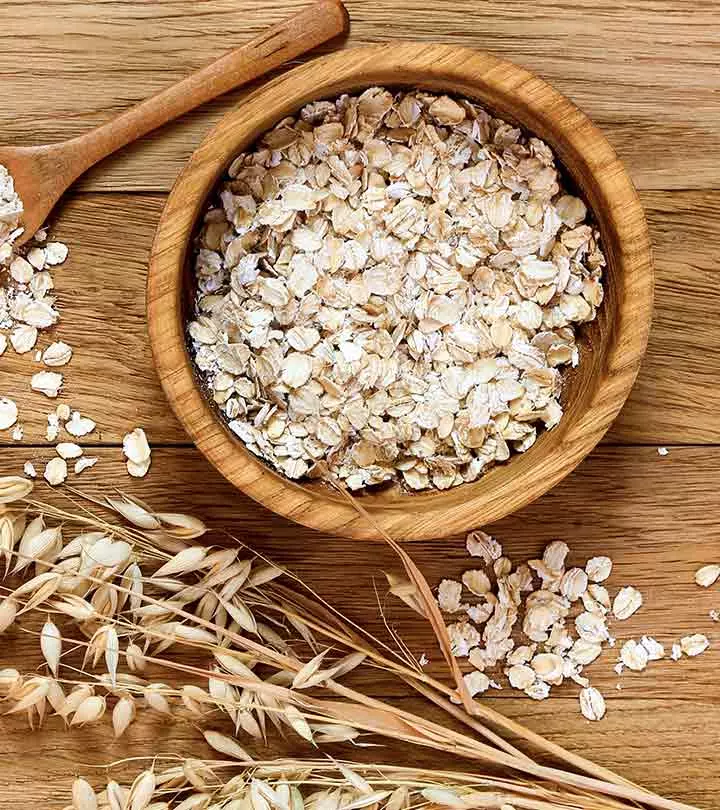
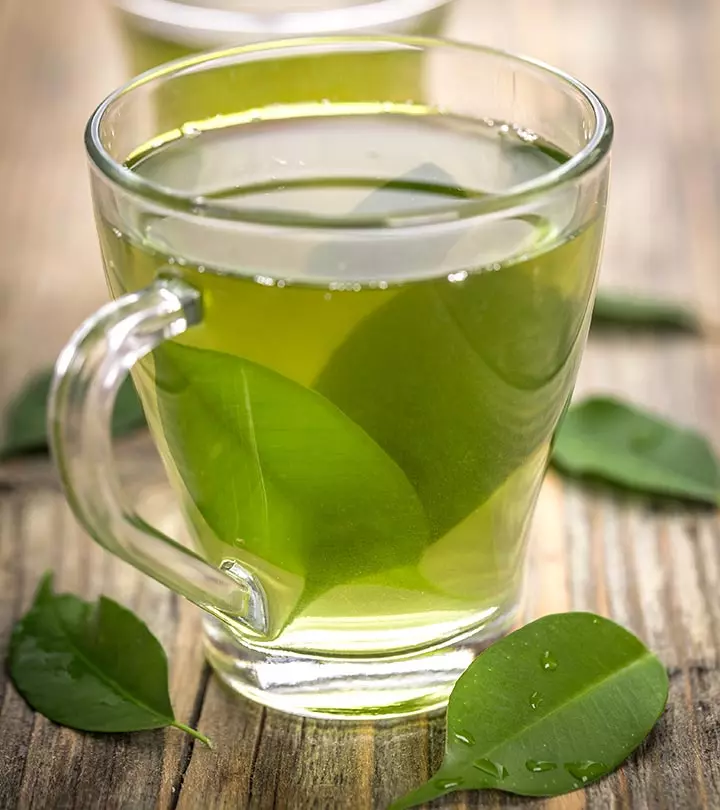
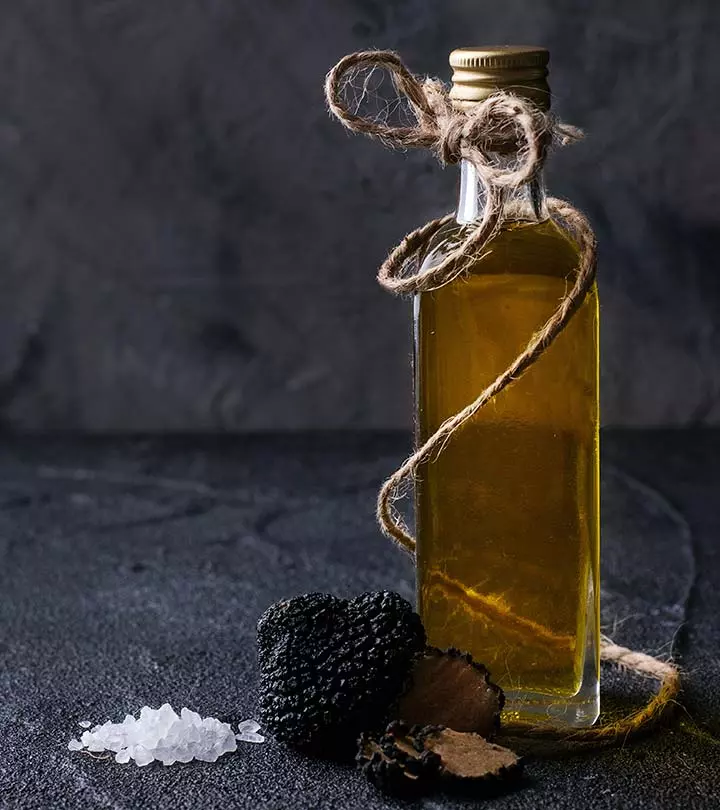

Community Experiences
Join the conversation and become a part of our empowering community! Share your stories, experiences, and insights to connect with other beauty, lifestyle, and health enthusiasts.